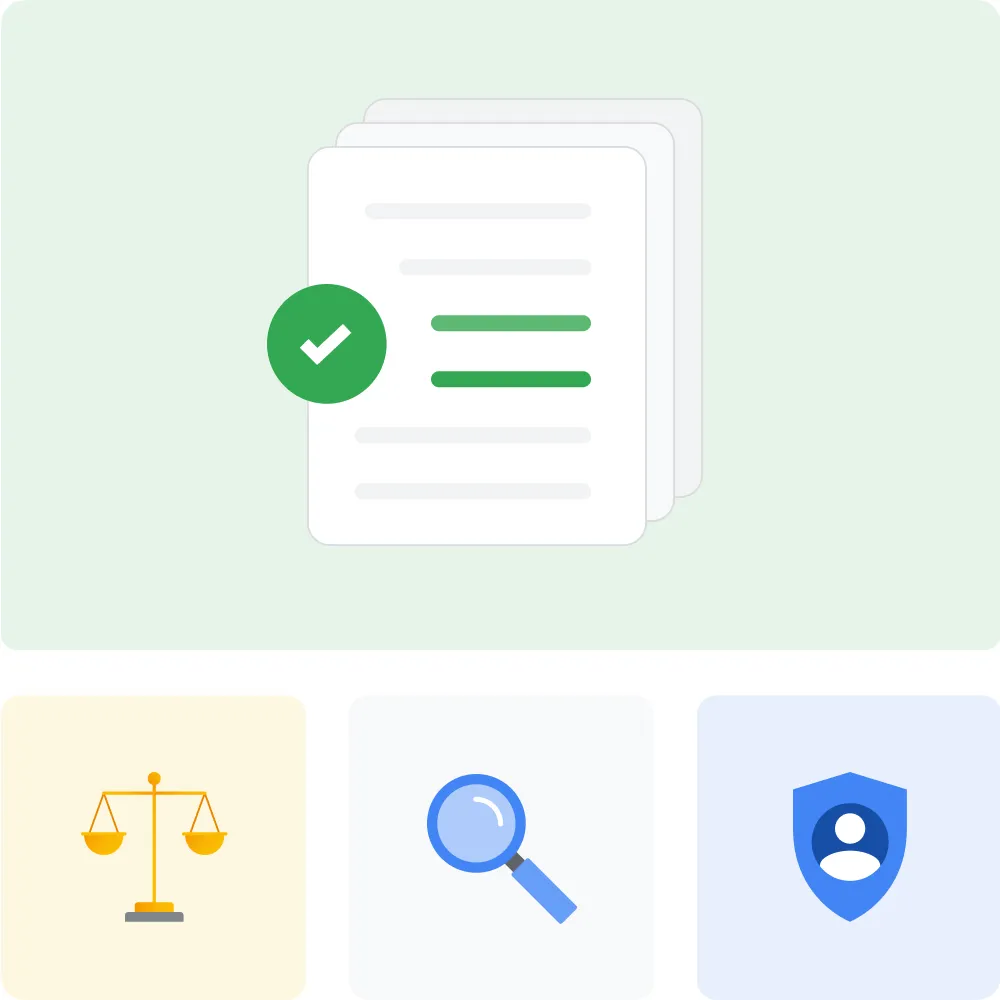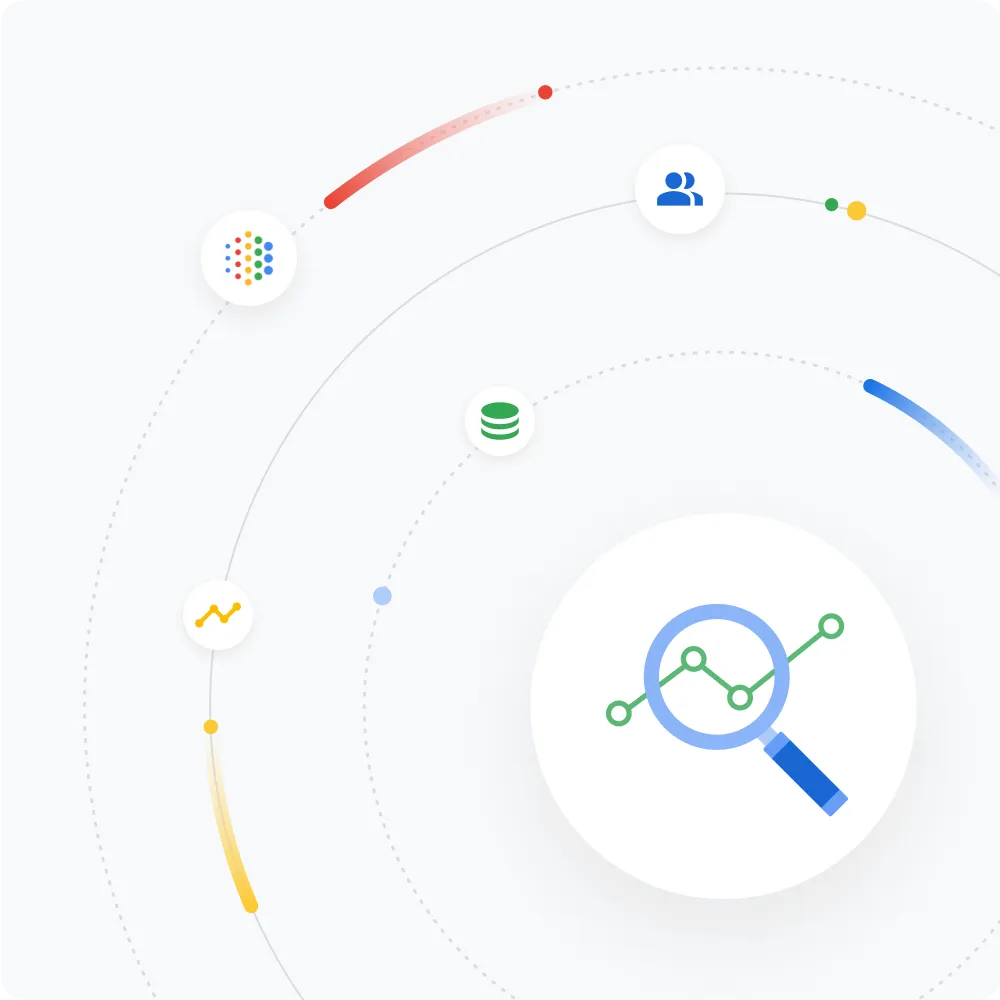Google Privacy Policy
Explains what information Google collects, why Google collects it, how we use it, how to review or update it, and how to remove your data.
Jump to Content
When people use Google, they trust us with their information, so we work hard to protect that information as outlined in the Google Privacy Policy. We set clear expectations with Google Terms of Service to help define our relationship with users when they interact with our services. We also recognise that AI has significant potential to help solve challenging problems and have established principles to guide our Google AI applications.
Protecting user privacy and security is a responsibility that comes with creating products and services that are accessible for all. We've developed a set of privacy and security principles to guide our products and processes to keep sensitive data private, safe, and secure.
View our principles Visit Privacy Help CentreGoogle Privacy Policy
Explains what information Google collects, why Google collects it, how we use it, how to review or update it, and how to remove your data.
Google API Services User Data Policy
Focuses on privacy and security requirements for developers when using our APIs. It includes appropriate use of our products, transparent notice and control, privacy and security requirements, and more.

It’s important to establish what you can expect from us as you use Google services, and what we expect from you. Google Terms of Service reflect the way our business works, the laws that apply to our company, and the philosophy we’ve always believed to be true.
Google Terms of Service
Provides an overview of what you agree to when engaging with our services.
It includes how Google develops its services, rules for our products and
services, intellectual property rights, and legal rights.
Google API Terms of Service
Explains the rules for developer access to Google APIs, including rules for content, privacy and security, intellectual property, and the legal rights of developers.
Our approach to developing and harnessing the potential of AI is grounded in our founding mission – to organise the world's information and make it universally accessible and useful.

Responsible AI practices
AI is creating new opportunities to improve the lives of people around the world. Google is committed to the responsible development of AI and sharing knowledge, research, tools, datasets, and other resources with the larger community.
Sharing our progress in responsible AI
Our Responsible AI progress report details how we govern, map, measure and manage AI risk throughout the AI development lifecycle.
Gemini Apps Privacy Hub
Learn more about how Google handles user data when they interact with our
Gemini Apps, including the controls and settings available to them.
Generative AI Prohibited Use Policy
Learn more about the responsible and legal usage of our Generative AI
services, including certain restrictions on the creation and distribution
of content.